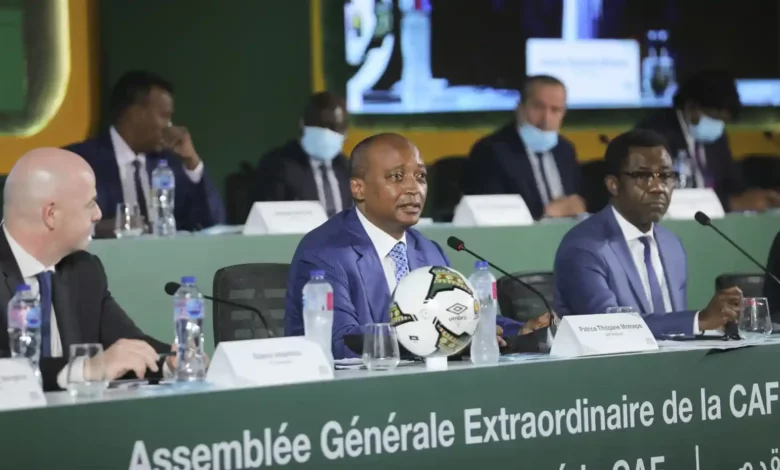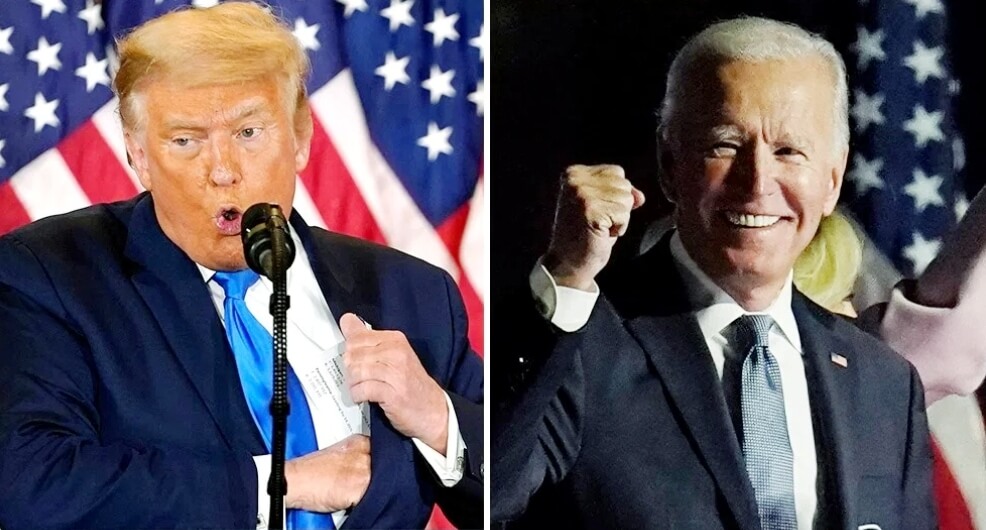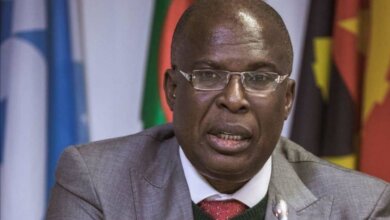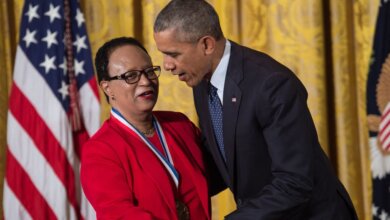CAF Endorses World Cup Every 2 years

First Published: November 27, 2021
At its extraordinary general session in Cairo, the 54-member confederation decided in favour of establishing a World Cup every two years and African Super League.
On Friday, the Confederation of African Football endorsed the “decision of the FIFA Congress to conduct a feasibility study” for a World Cup every two years. Arsene Wenger, FIFA’s head of global development, proposed the new biennial plans.
CAF has become the first confederation to publicly endorse the contentious concept to stage a World Cup every two years, in tandem with the Africa Cup of Nations.
Infantino told executives from the 54-nation Confederation of African Football conference in Cairo,
“Those who are against are those at the top.”
Infantino’s address to African soccer leaders was a stinging rebuke to Europe and South America, which have dominated every World Cup and are threatening to boycott the biannual men’s championships. Infantino, who was a long-time top executive at UEFA before becoming FIFA president in 2016, said this:
“It happens in every sector of life, when there are reforms and changes, those who are at the top don’t want anything to change… They are afraid, maybe, that if something changes their leadership position is at risk.”
FIFA’s president, Gianni Infantino, will convene a meeting in December in the hopes of reaching an agreement on plans to hold the men’s tournament more frequently than the current four-year cycle.
Given the different interests at risk, including clubs and national teams, domestic leagues, and international competitions, it is a contentious matter. The opposition from leagues, players, and fan groups has been so strong that the odds of a biennial World Cup actually taking place are slim.
Follow here for discussions before the endorsement.
Since its inception in 1930, the World Cup has been held every four years, with the exception of World War II cancellations.
“It is our responsibility to keep the dream open to give opportunities to everyone,” the FIFA leaders said.
The comment was made in reference to the fact that no African team has ever advanced to the semifinals of a men’s World Cup, yet the continent only has five of the 32 teams. When the 48-team tournament begins in 2026, that number will climb to at least nine.
Infantino believes that biennial World Cups will assist other regions develop and narrow the gap by providing more opportunities for nations to qualify and players to shine on the biggest stage.
At current levels, an additional men’s World Cup in a four-year cycle is expected to add about $3 billion to FIFA’s revenue and increase financing to its 211 member federations and six continental bodies.
CAF head Patrice Motsepe, on the other hand, asserted that the biannual African Cup of Nations (AFCON) would not be harmed.
“The main competition for Africa, which is AFCON, will definitely continue,” Motsepe said in a press conference.
ICYMI: FIFA takes charge of CAF – Africa’s governing body – on eve of AFCON
“Part of the process is to ensure that the players do not play more matches or games than they did historically… There will be a fundamental review of the competitions as well as the structure that has existed over many years.”
Motsepe added: “In this review of the competitions in totality there will be a focus on ensuring the competitions of the future are the most exciting, the most popular and the ones that the viewers and the spectators find to be most attractive.”
On December 20, FIFA’s 211 members will meet online to determine a strategy for future tournaments.
Due to the current opposition, which includes a show of solidarity by UEFA and the South American soccer body CONMEBOL, no vote on biennial World Cups is expected.
They’ve opened a shared workspace in London, which will be available next month.
Source: AFP
Abeeb Lekan Sodiq is a Managing Editor & Writer at theafricandream.net. He is as well a Graphics Designer and also known as Arakunrin Lekan.





